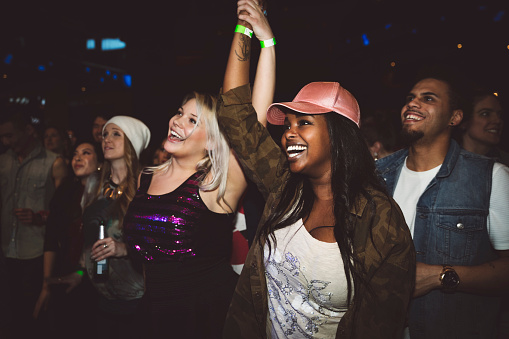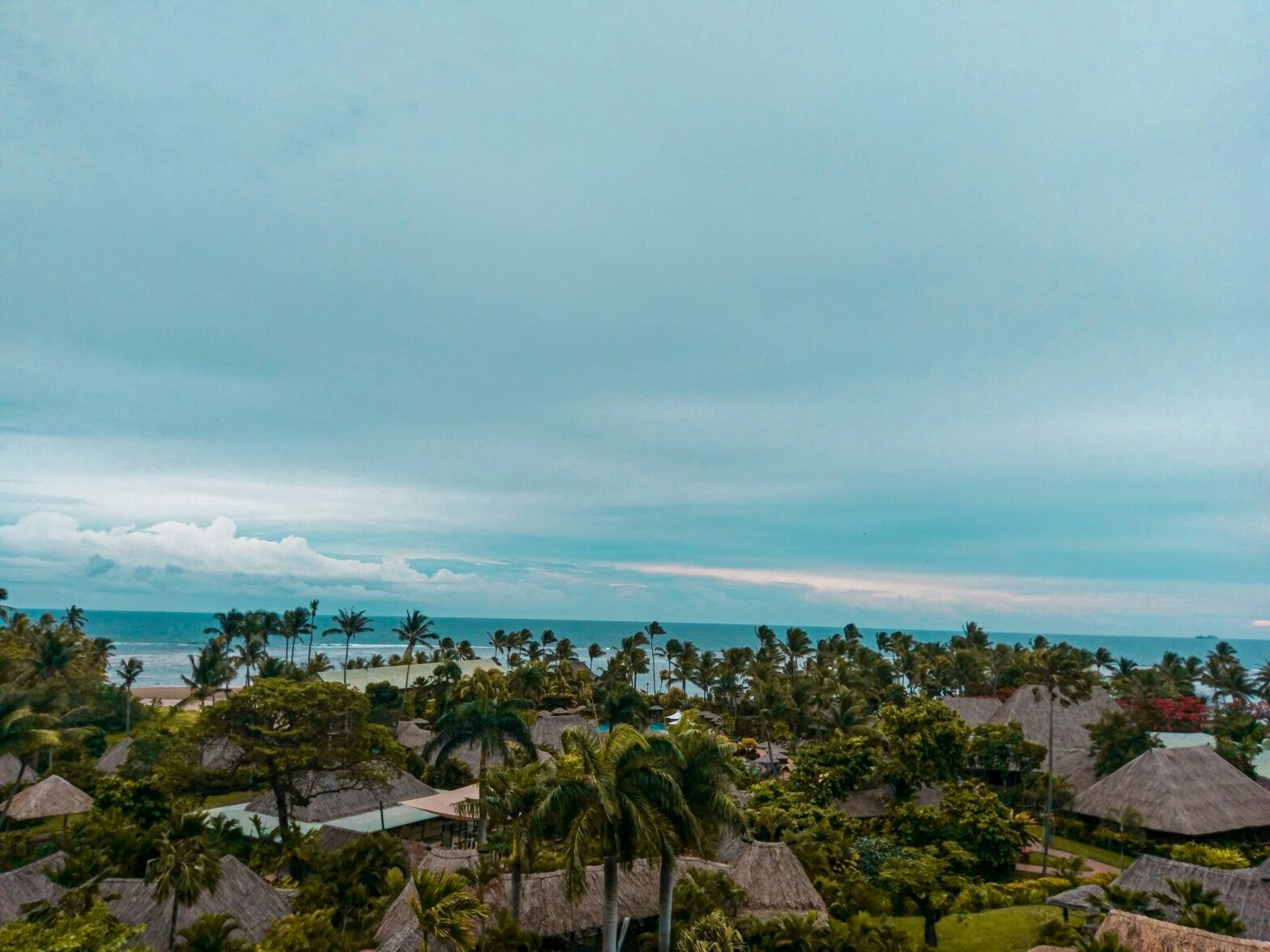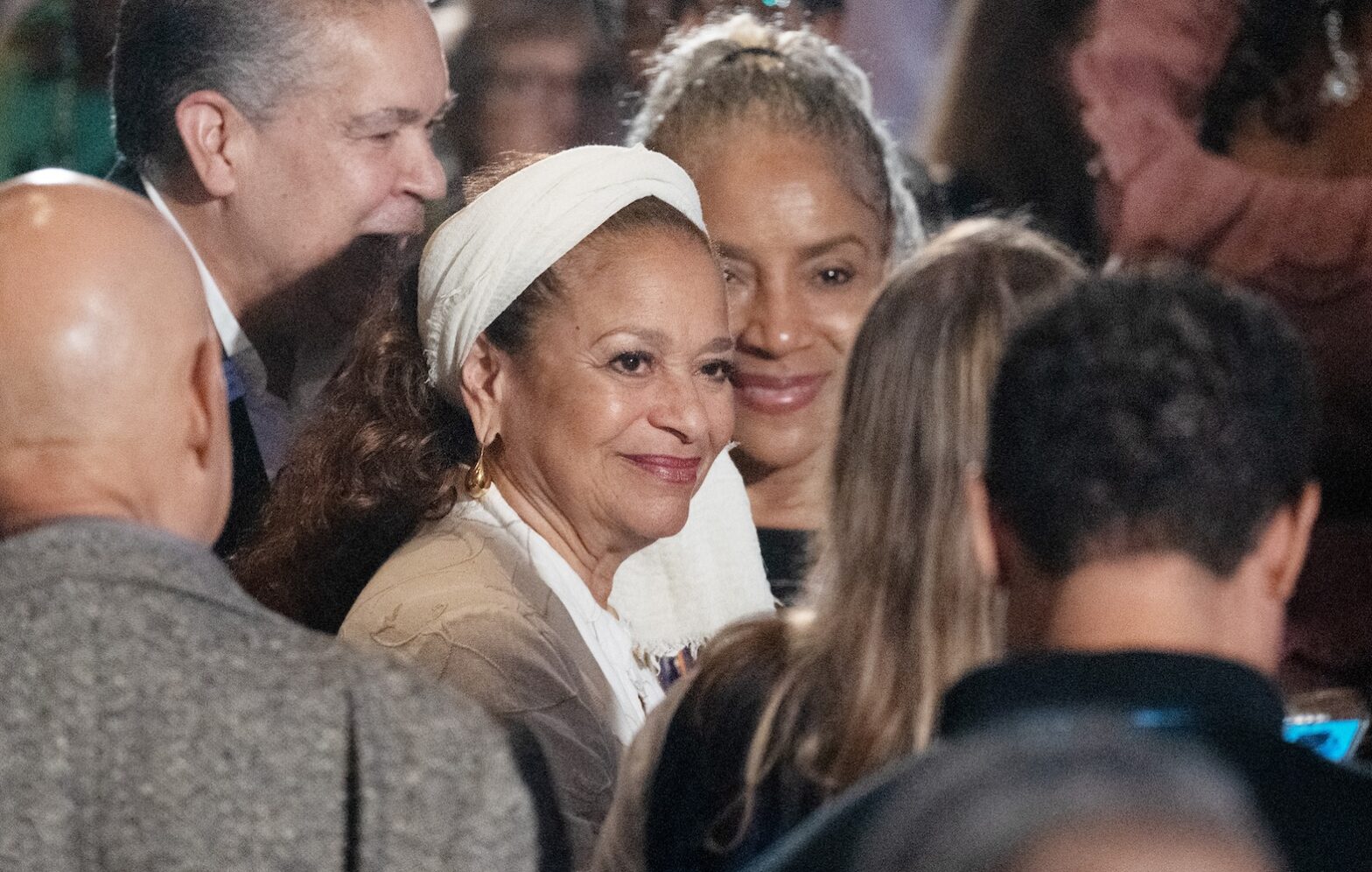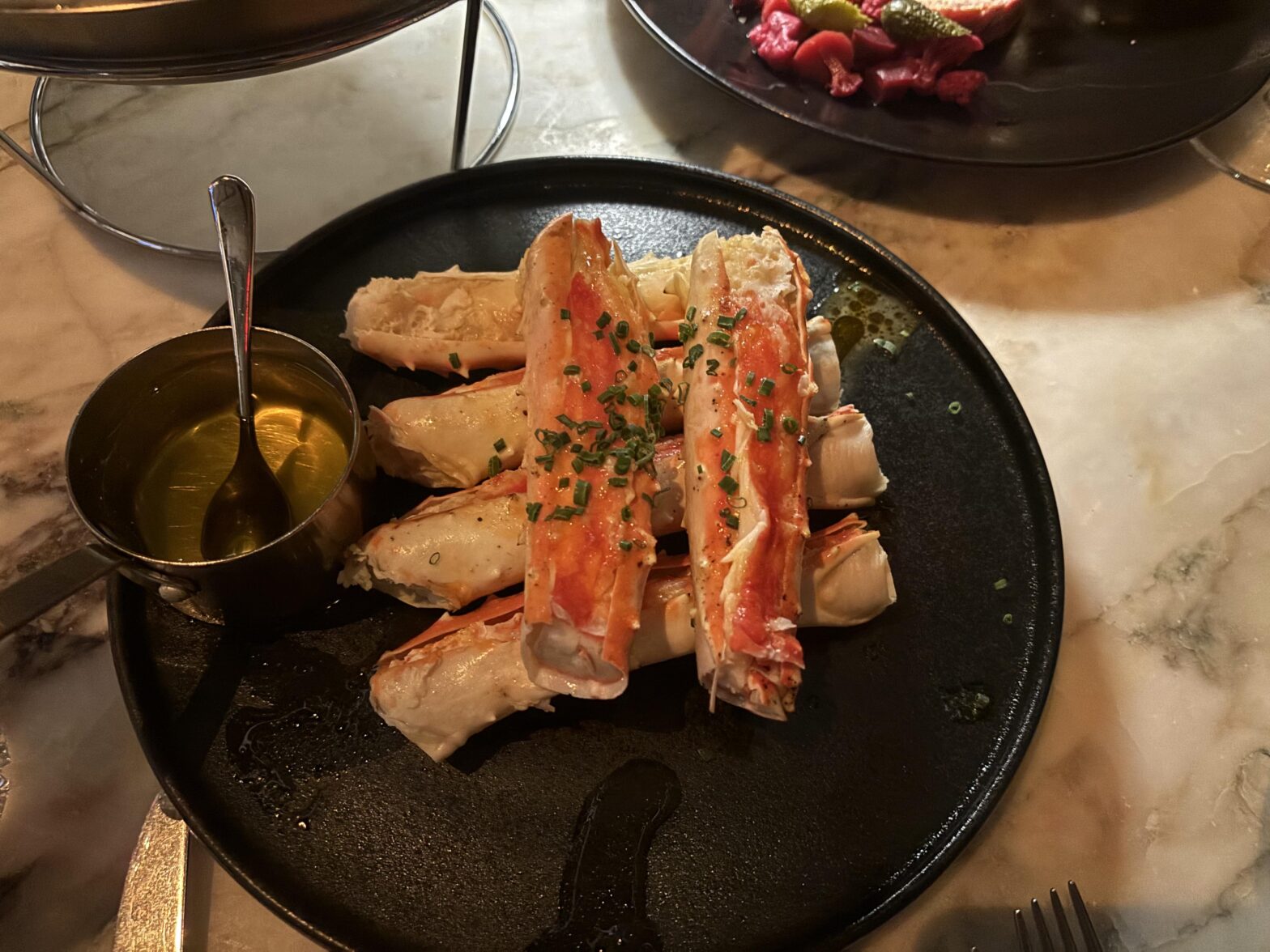Johannesburg is one of South Africa’s most populous cities, full of diverse music artists, past and present. Since the ‘70s, Fela Kuti has been celebrated as one of the greatest African artists, known for his high octane performances. His music was for everyone, sung in common African languages, Pidgin English and Yoruba his native language.
Nelson Mandela spoke highly of Mama Africa, also known as Miriam Makeba, and her music, which “inspiring a powerful sense of hope in all of us.” Rapper Bigstar is making a name for himself in the hip-hop scene in South Africa. Nkulee Dube became one of South Africa’s biggest reggae artists, after her father, the Father of African reggae, Lucky Dube.
If you haven’t noticed, the post-Apartheid sounds of music merged eclectic beats and diverse music with respect to their heritage, especially in Johannesburg. It’s a hotbed of cultural fusions to the now sounds of afro jazz, kwaito, house and mbaqanga.
Mbaqanga
Mbaqanga is a variant style of music with Zulu roots and jazz influences, developed during apartheid. Soft jazz rhythms, R&B, and fluent soul, delivered in various African languages. Love, determination and honesty were common themes of the late South African guitarist Ray Phiri. He used music to help people find hope in the 80’s and 90’s. Like mbaqanga, his band Stimela united jazz and R&B with South African cadences and pop. Their album won Best Adult Contemporary Album at the 2011 South African Music Awards, equivalent to the Grammy Awards.
Kwaito
Kwaito is another style of music featuring African sounds and samples and Zulu influences that arose in the 90s. House DJ Black Coffee continuously perfects his distinctive house mashups with Afrobeats and jazz influences. “House music found a home here because it has a certain soul South Africans connect to,” he told Mixmag.
Brenda Fassie and Chicco Twala were both instrumental to the disco bubblegum music scene speaking about happenings in life and the community in a variety of African languages such as Zulu, Isicamtho (South African township slang) and Sesotho. It’s become a lifestyle, impacting the fashion, attitude, and culture of South Africa offering messages of love, freedom and hope.





